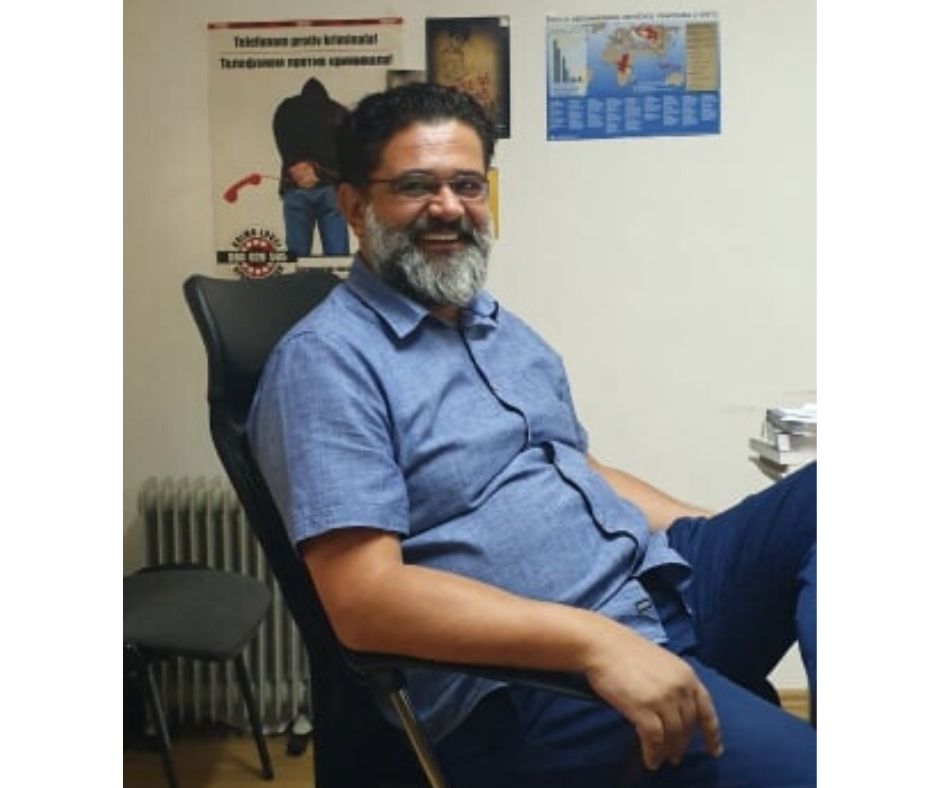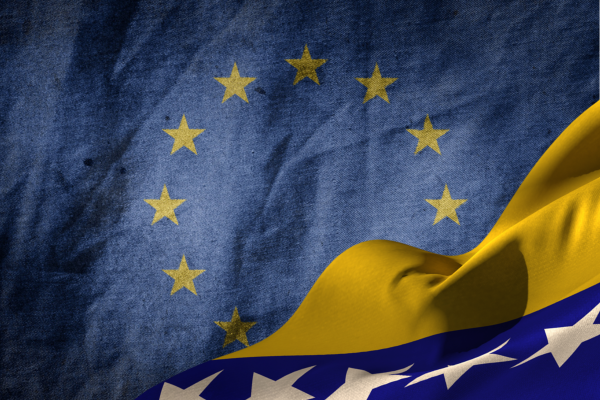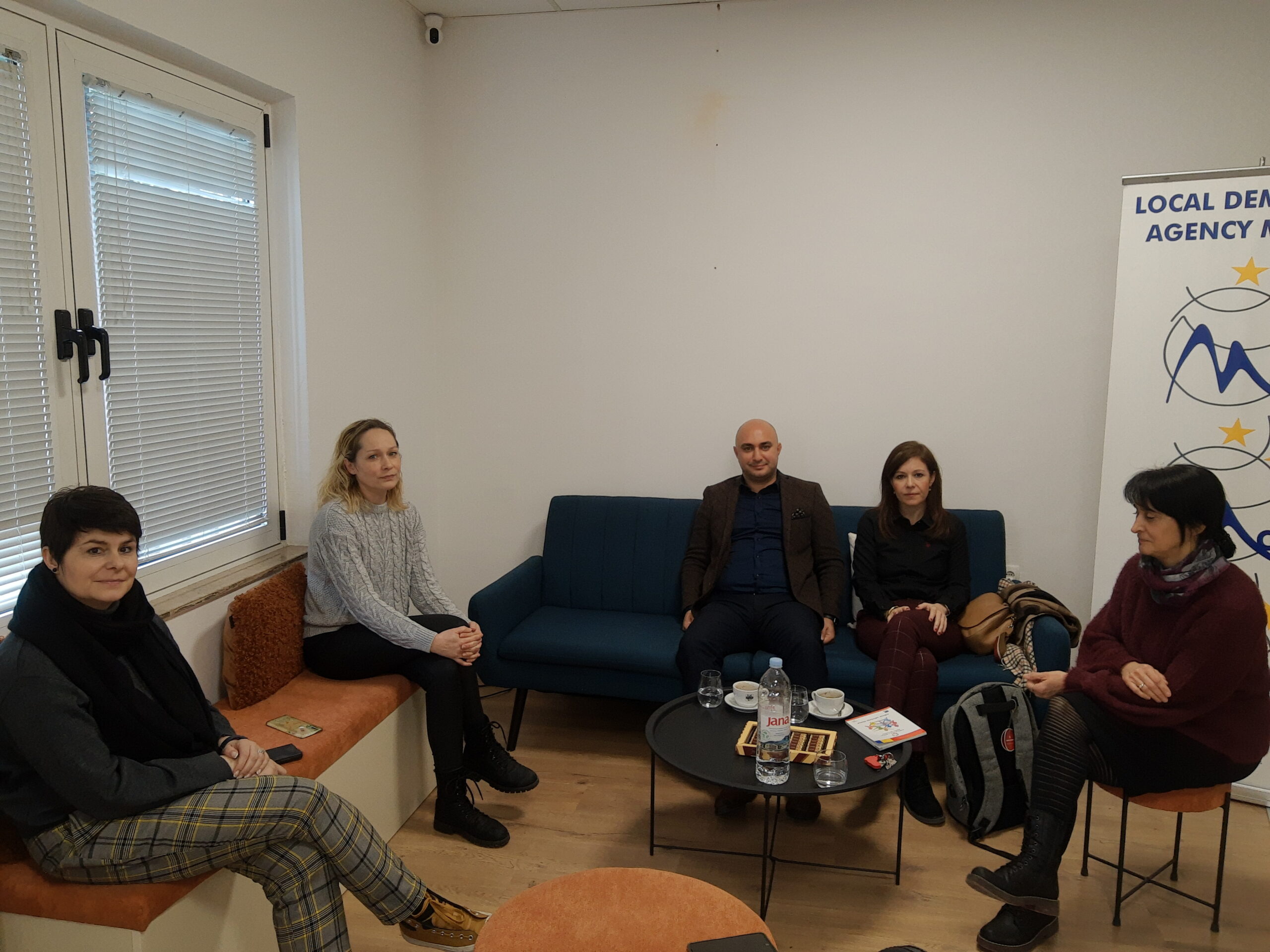Interview
Project “YOUth Ambassadors of Non-Formal Learning”
As a part of “YOUth Ambassadors of Non-Formal Learning” research activities, from now on, we will post Interviews with relevant stakeholders discussing topic of Non Formal Learning/Education.
First Interview was conducted by LDA Mostar. Our interlocutor was Denis Pajic, dr. sc., Assistant Professor at Faculty of Law, Dzemal Bijedic University of Mostar
LDA Mostar
Country: Bosnia and Herzegovina
Interviewer: Maja Vejzovic
Interviewee: Denis Pajic, dr. sc., Assistant Professor, Faculty of Law, Dzemal Bijedic University of Mostar – Professor's favorite quote: „KNOWLEDGE IS POWER“
Date and Location: May 29, 2020, Mostar
Note: Interview was conducted online
List of questions for the Interview:
1) Is the law defining NFE in your country? If yes, please describe what the law says.
As far as I know, there is a Recommendation of the Center for Information and Recognition of Documents of Higher Education at the state level regarding the recognition of non-formal education and informal learning, ie Laws on Adult Education at the cantonal level in FBiH that promote equal learning outcomes in formal and non-formal education, and informal learning.
2) Please describe the existing strategies, action plans that define non-formal learning in your country?
I believe there is a lack of existing strategies and action plans regarding non-formal education and non-formal learning and that’s the reason they remain at the level of definitions and do not work on existing programs and generally do not work on improving it’s framework.
3) Have you been involved in the development of a strategy / action plan / law in excess of the NFE issues?
Yes, I am currently a member of a working group responsible for creating a strategy to improve the program of practical learning and training of law students and trainees within the Project “Student Law Practicum” implemented by the National Center for State Courts (NCSC) – Office in BiH. Working group, among other things, deals with the issues of defining structural needs, possibilities and priorities (from the perspective of various institutional actors), identification of existing examples of good practice that can serve as the so-called “general” standards in acting, reaching consensus and proposing individual or more structural solutions that can lead to the improvement of existing programs of practical training and learning of lawyers, and work on operationalization and institutionalization of the proposed solution.
4) Do you work on promoting NFE and how?
Yes, in recent years the Faculty of Law has been actively working on creating policies that improve practice-based learning (courses that provide points, internships, enabling final year students to complete mandatory internships). It has signed memoranda of cooperation with numerous judicial and other institutions, established a partnership with the community of judicial practitioners by integrating practice-based lectures into student education (practitioners as guest lecturers, internships, internships, mentoring). Faculty of Law has motivated professors to be committed to practical learning (to lead practice-based learning) as well as to be facilitators who will carry out activities towards the community of judicial practitioners, ie. placement of students in practice.
5) For your institution/CSO how young people recognize NFE?
Young people have a very positive experience of non-formal education and they believe that the skills they acquire through this type of education are extremely important in future professional engagement. In their opinion, the combination of theory and practice is an ideal way to apply the acquired knowledge and develop the skills needed to work in the profession.
6) What are you doing about NFE in term to make closeness with youth?
Through its curricula, the Faculty of Law offers students the opportunity to participate in legal clinics / workshops / seminars, students have the opportunity to visit various institutions (courts, prosecutor's office, Penitentiary institution in Mostar, Ministry of Internal Affairs HNK-Expertise Department, Law offices, Center for Social Work of Mostar and others). Within the Faculty of Law, there is a Debate Club, and students also have the opportunity to participate in trial simulations.
7) Have you involved young people in the process of bringing about things that are relevant to non-formal education?
For the last ten years, students of the Faculty of Law are participants in the Regional Moot Court Competition of Human Rights, National Competitions in Simulation of Trials in the Field of Criminal Law. In co-operation with the OSCE, the Council of Europe and other governmental and NGOs, workshops and seminars were organized, and students had the opportunity to participate in scientific conferences. Students have visited existing institutions (judicial) and had the opportunity to work directly with law practicioners.
8) Should the Government get involved and make an even bigger contribution when it we are speaking about youth and policies about youth?
Of course, all government institutions, especially those dealing with education, should pay more attention to non-formal education and adopt policies that support this type of education, including the preparation and education of law students and young lawyers for professional performance of legal duties (acquisition of necessary skills, advocacy, practical experience and generational transfer and exchange of institutional knowledge).







